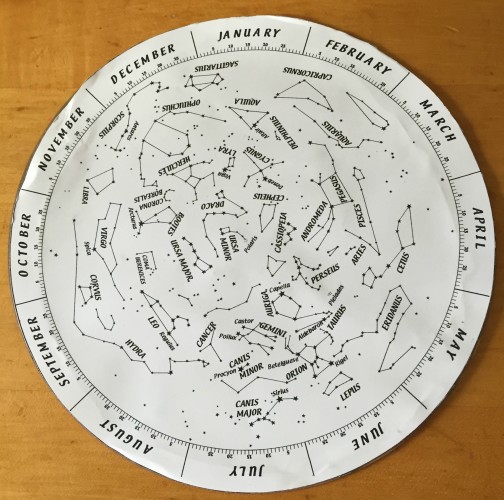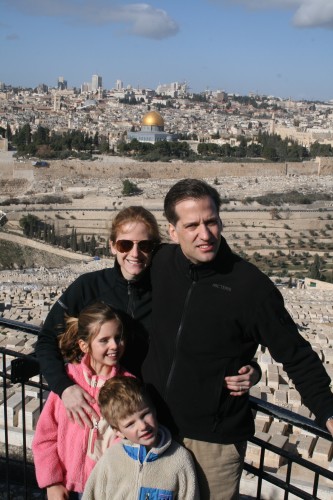I love the dedications of books. I’ve written about that particular interest before. I’ll also admit that I had figured out the dedication of a book I’ve written, a book that will live forever in a box under my desk.
I am similarly interested in the last lines or paragraphs of books. Some of my favorites (some are famous, some are less) are below. What are your favorite last lines?
Abide with Me– Elizabeth Strout
“All gone,” she said. He kissed her cheek, and she put her head against his neck. And everything seemed remarkable, the familiar scent of his child, the snarl in the back of her hair, the quiet house, the bare birch trees, the snow on his face. Remarkable.
The Mill on the Floss – George Eliot
They had gone forth together into their life of sorrow, and they would never more see the sunshine undimmed by remembered cares. They had entered the thorny wilderness, and the golden gates of their childhood had forever closed behind them.
Vanity Fair – William Thackeray
Ah! Vanitas Vanitatum! Which of us is happy in the world? Which of us has his desire? or, having it, is satisfied? – Come children, let us shut up the box and the puppets, for our play is played out.
Angle of Repose – Wallace Stegner
Wisdom, I said oh so glibly the other day when I was pontificating on Shelley’s confusions, is knowing what you have to accept. In this not-quite-quiet darkness, while the diesel breaks its heart more and more faintly on the mountain grade, I lie wondering if I am man enough to be a bigger man than my grandfather.
The Great Gatsby – F. Scott Fitzgerald (perhaps the best known last line of all, I think – I’m including more here because I adore the sentence about something commensurate to man’s capacity for wonder)
Most of the big shore places were closed now and there were hardly any lights except the shadowy, moving glow of a ferryboat across the Sound. And as the moon rose higher the inessential houses began to melt away until gradually I became aware of the old island here that flowered once for Dutch sailors’ eyes—a fresh, green breast of the new world. Its vanished trees, the trees that had made way for Gatsby’s house, had once pandered in whispers to the last and greatest of all human dreams; for a transitory enchanted moment man must have held his breath in the presence of this continent, compelled into an aesthetic contemplation he neither understood nor desired, face to face for the last time in history with something commensurate to his capacity for wonder.
And as I sat there, brooding on the old unknown world, I thought of Gatsby’s wonder when he first picked out the green light at the end of Daisy’s dock. He had come a long way to this blue lawn and his dream must have seemed so close that he could hardly fail to grasp it. He did not know that it was already behind him, somewhere back in that vast obscurity beyond the city, where the dark fields of the republic rolled on under the night.
Gatsby believed in the green light, the orgiastic future that year by year recedes before us. It eluded us then, but that’s no matter—tomorrow we will run faster, stretch out our arms farther. . . . And one fine morning——
So we beat on, boats against the current, borne back ceaselessly into the past.
The Sun Also Rises– Ernest Hemingway
“Oh Jake,” Brett said, “We could have had such a damned good time together.”
Ahead was a mounted policeman in khaki directing traffic. He raised his baton. The car slowed suddenly, pressing Brett against me.
Yes,” I said. “Isn’t it pretty to think so?”
To the Lighthouse – Virginia Woolf
She looked at the steps; they were empty; she looked at her canvas; it was blurred. With a sudden intensity, as if she saw it clear for a second, she drew a line there, in the centre. It was done; it was finished. Yes, she thought, laying down her brush in extreme fatigue, I have had my vision.
Moon Tiger – Penelope Lively
The sun sinks and the glittering tree is extinguished. The room darkens again. Presently it is quite dim; the window is violet now, showing the black tracery of branches and a line of houses packed with squares of light. And within the room a change has taken place. It is empty. Void. It has the stillness of a place in which there are only inanimate objects: metal, wood, glass, plastic. No life. Something creaks; the involuntary sound of expansion of contraction. Beyond the window a car starts up, an aeroplane passes overhead. The world moves on. And beside the bed the radio gives the time signal and a voice starts to read the six o’clock news.


